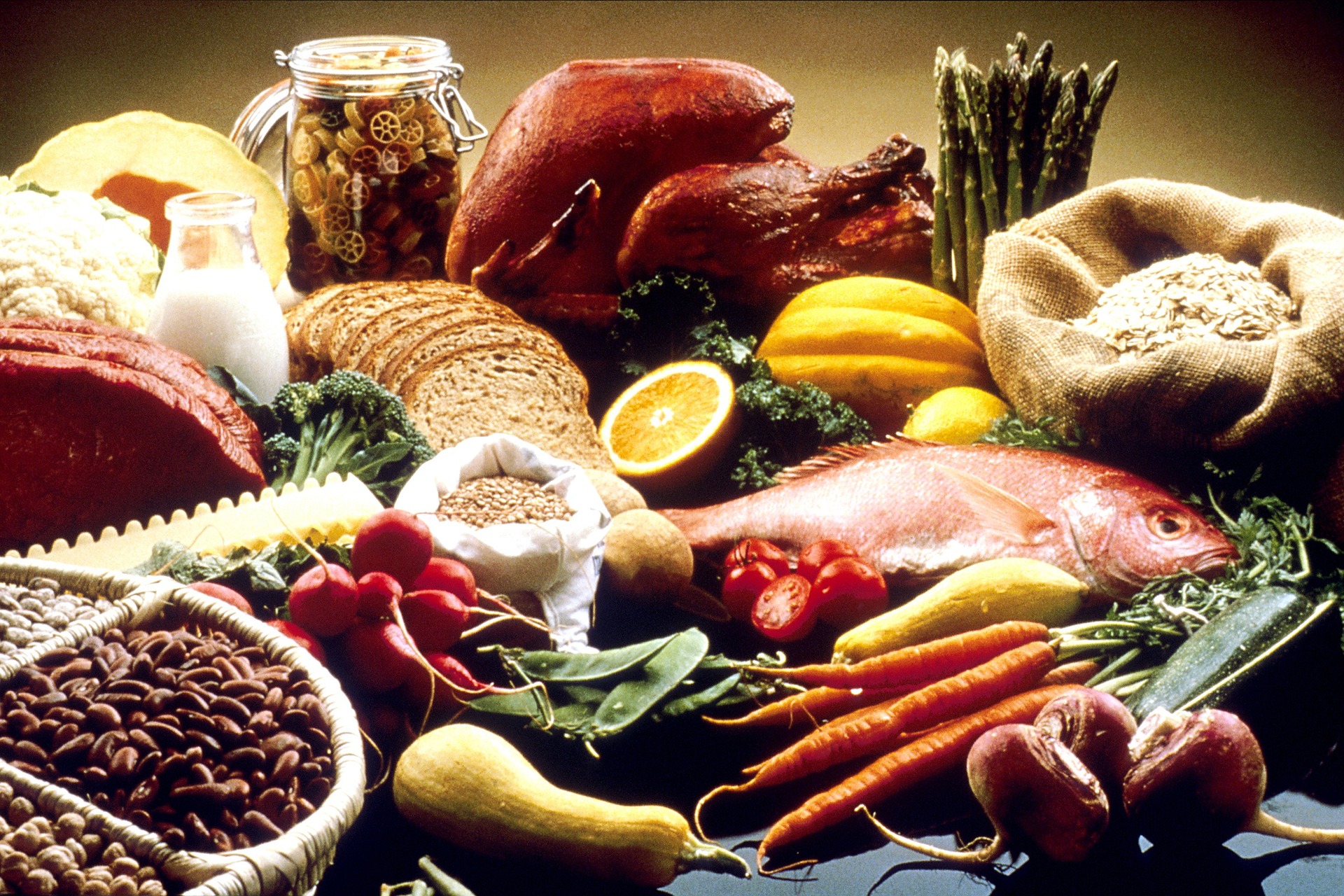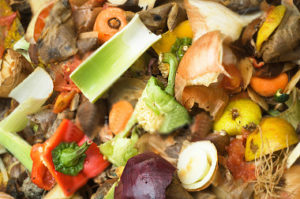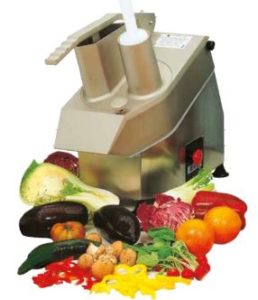
Did you know that every year an average of 100,000 tonnes of perfectly edible food goes to waste? Quite ironic when more than half of the world’s population is starving, don’t you think?
While homes contribute their fair portion of waste, the biggest squanderer is the food industry itself, with restaurants and catering companies often being the guiltier culprits. The good news is that many businesses have finally caught on to the importance of being more waste conscious and while the concerns for climate change escalate, industries around the world are finally making an impactful effort at reducing their carbon footprints.
The Increasing Problem of Food Waste
Millions around the world experience hunger or malnourishment while tonnes upon tonnes of food is disposed of. Food poverty is a global issue. This tells us that there is something terribly unsustainable about the way we are preparing our meals. And it goes deeper. 
When we neglect food, we also mistreat the resources that went into making it. We waste the water, the energy, and the materials used for packaging. Even the manpower put into creating the food, fritters away. All this loss before the scraps even make it to the landfill, where it causes detriment to the environment.
Most unwanted food ends up tossed away like your average rubbish. This means that its final destination is the local landfill where it is left to decompose. During the decomposition process, a gas called methane is released – this gas is 23x more deadly than carbon dioxide.
Lest we forget that while businesses dump this food that’s still good enough to eat, they are also throwing away millions in revenue. A more practical approach would be to establish an economical process that would eliminate the need to dispose of so much food.
The Benefits of Reducing Food Waste
By optimising the way that we prepare food and by finding a solution that allows us to share the “leftovers”, we can reduce food waste and create a process that’s sustainable, environmentally friendly, and could potentially secure food for the hungry.
- Food Security: By minimising food waste and optimising the preparation of meals, we could potentially put a stop to global malnutrition.
- Benefits for the environment: 7% of all greenhouse gas emissions come from food waste. So, by reducing this wastage, we can have a positive impact on climate change.
- Financial benefits: A business study conducted by WRAP indicated that 99% of its case studies had a positive Return on Investment when it came to investing in food loss and waste reduction programs.
What Can the Food Industry Do to Optimise Food Preparation?
The first step towards eliminating food waste is to stop creating it. This means that we need to prepare meals more cautiously with the intent of making sure that every last edible morsel is consumed.
Here are a few ideas that food service providers could implement to discourage the creation of waste:
- Hand peeling fruit and vegetables can result in excessive waste since the human hand tends to shave off more than necessary. Instead, businesses could invest in vegetable preparation machines. These machines have been designed to operate with precision, removing only what is necessary while saving both time and money.

- If you see a trend where a certain dish comes back with leftovers, then you could consider cutting down on portion sizes.
- Manage your menu so that all parts of the food source are used. Instead of throwing away unpopular or unwanted cuts of meat or bones, for instance, use them to make other dishes or to add more flavour to broths, sauces, and the likes.
- Help educate consumers by making them realise that we are beyond an age where whole fruits and vegetables need to look “pretty”. This way grocers can still stock the shelves with produce that might not look good but still has exactly the same nutrients.
Food Waste Management
After putting every effort into reducing the amount of waste produced from preparing meals, food service providers can also look at alternative ways of using the waste that’s still deemed edible. For instance:
- Make it a point to offer a “doggy bag” to patrons who did not finish their meal.
- Team up with local charities and send unsold meals and food products to homeless shelters or food banks.
- Start a compost bin and put your peels, eggshells, and even leftover coffee grinds to good use. If your business cannot cope with a compost bin, donate the food to local farmers who can.
Make the Pledge
Many UK-based food services providers are taking action and are agreeing to a pledge to help half the country’s food wastage by 2030. If you are a food service provider and would like to make a difference, you can find the pledge by the Department for Environment, Food, and Rural Affairs HERE.


